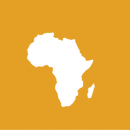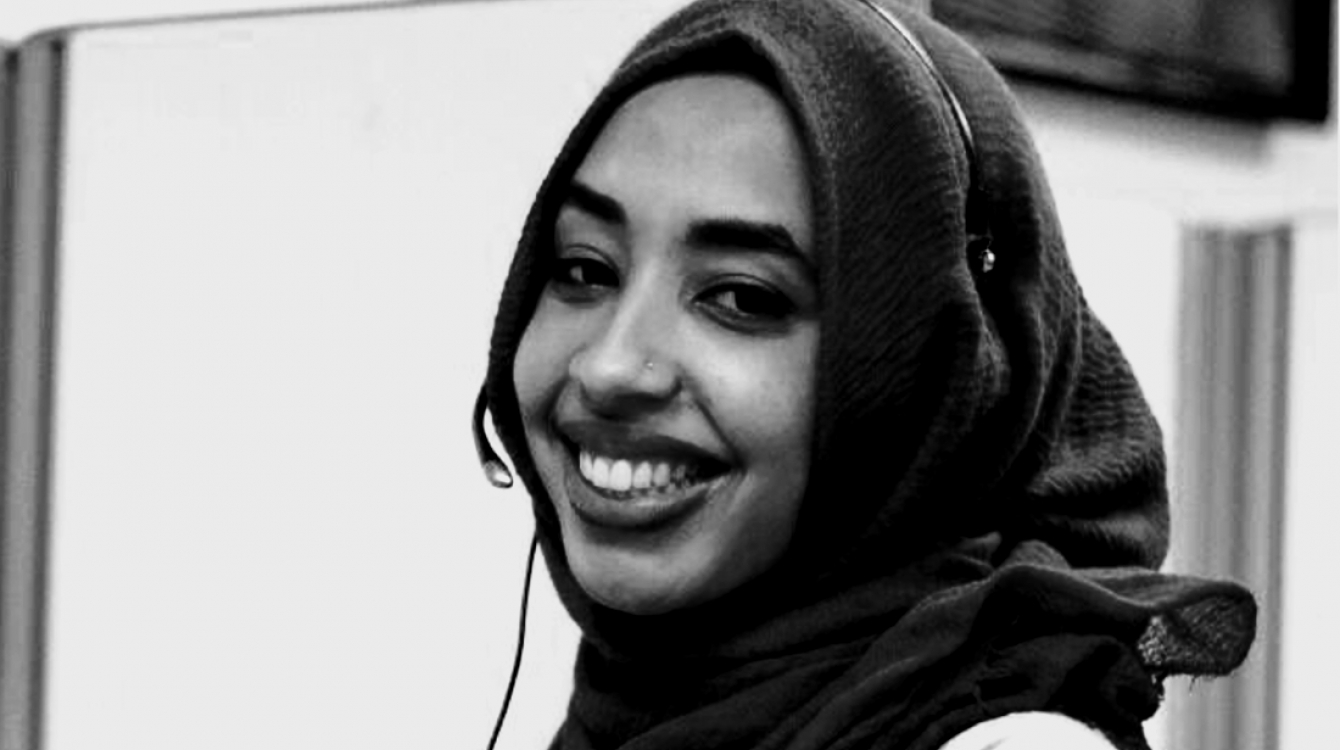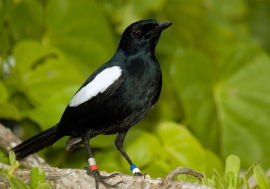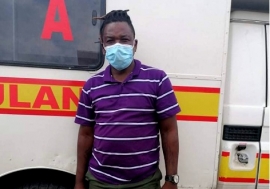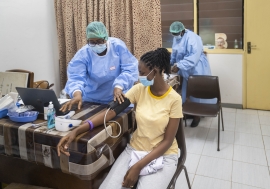My name is Saria Osman El-Amin, I am 24 years old and I am a medical doctor. I live in Khartoum, Sudan. I work at the Corona Call Centre as part of the Ministry of Health's strategic plan to help control the spread of COVID-19.
How long have you been working as a healthcare worker and what made you choose a career in healthcare? Any fears or regrets?
I've been working as a healthcare worker since January 2019, specifically as a Medical House Officer, after graduating from medical school in 2018. My parents are medical doctors, so I grew up constantly hearing health-related discussions at home, and I guess that instilled the love of medicine within me. I have always loved helping people out and I think being a compassionate person has further helped me in this field.
I don't regret studying medicine at all, my only fear is not figuring out my passion within medicine soon enough and ending up working in an area I don't enjoy. I want to work in an area I thoroughly enjoy so I can excel and not get easily bored.
How are you helping fight COVID-19 in your country?
About two weeks after the first case of COVID-19 here in Sudan, I joined the Corona Call Centre, under the Ministry of Health. We receive around 15,000 calls a day from all the States and Regions across Sudan.
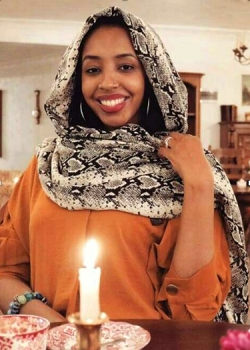
As a doctor, what is your role at the call centre?
My job entails the following:
- Raising awareness by educating the callers on ways of transmission and prevention, as well as on the symptoms of COVID-19, and the correct way of home isolation;
- Identifying suspected cases of COVID-19 and notifying the Rapid Response team so they can reach the patient and take a sample for testing; and
- Guiding and directing callers to the nearest open hospitals available in case the patient experiences shortness of breath, or emergency symptoms.
How has your work changed since COVID-19 broke out?
My working hours ranged from 8-12 hours a day and included both morning and night shifts. My original work was not affected much because as soon as I had finished my internship and completed my paperwork, COVID-19 broke out. That’s when they advertised for volunteers to come work at the Call Centre.
What affects you most in this COVID-19 situation and what keeps you going and how are you coping?
What greatly affects me is the feeling of helplessness, many callers to the centre saying the curfews have greatly affected their work. A lot of people here get their income on a daily basis, so one day without work means one day without income, hence not being able to feed their families. They call the centre begging us to end the curfew but in my position, there is nothing I can do or promise.
Also, some COVID-19 patients would call us short of breath to help get them entry into the isolation centres for treatment.
What kept me going however is the warmth of the callers, how they would greatly thank and pray for us, telling us we were doing a great job. They said that if it weren't for us, they would never have information on this pandemic. Majority of those calling were from far and mostly rural areas where there is no TV or internet connection to keep them updated.
However, other callers did not believe that COVID-19 was real. When I manage to convince one doubting caller that COVID-19 is in fact real and not some sort of myth, I feel satisfied that I had been able to change someone.
What strategy, in your view, has worked well in this fight and what has not? What should be done to win the war against COVID-19?
The lockdown and the constant reminders through media advertisements and TV shows, of the importance of staying home and maintaining safe social distance, has been crucial in the fight against COVID-19 in my country. During the first few months when the virus reached here, TV shows would host doctors and other experts to educate people on the virus.
The Corona Call Centre also played a key role in educating the masses and helping curb the spread of the virus, as callers could get in direct contact with the medical professionals at the Ministry of Health.
While the lockdowns played a huge role in controlling the spread of the virus, it also posed some economic challenges, especially for the people who earn their living on a daily basis.
To win the war against COVID-19, we all should remain vigilant, responsible, wise and aware. People should continue to take care and not assume that the virus has miraculously vanished. Social distancing should be followed, masks should be worn, and sanitizers used appropriately till a vaccine is proved efficient and safe to use.
What is your message to people in your country, and to fellow Africans in general, at this time of COVID-19?
I'd like to say to my fellow Sudanese and to the great people of Africa, now is not the time to let your guard down and act as if everything is back to normal. COVID-19 is still amongst us and can infect us anywhere, anytime if we do not stick to the appropriate safety measures. Let's remain mindful of our surroundings and let's not give up yet, until a safe efficient vaccine is established.

